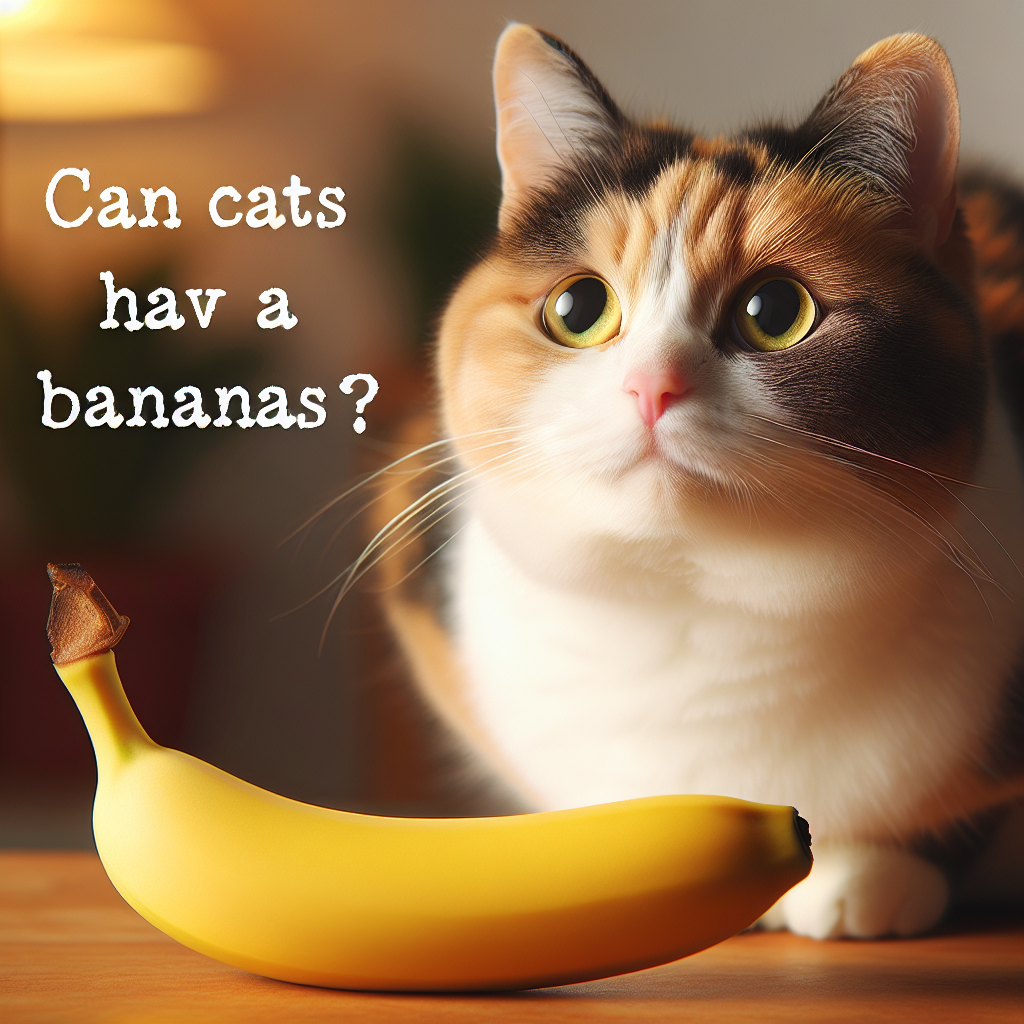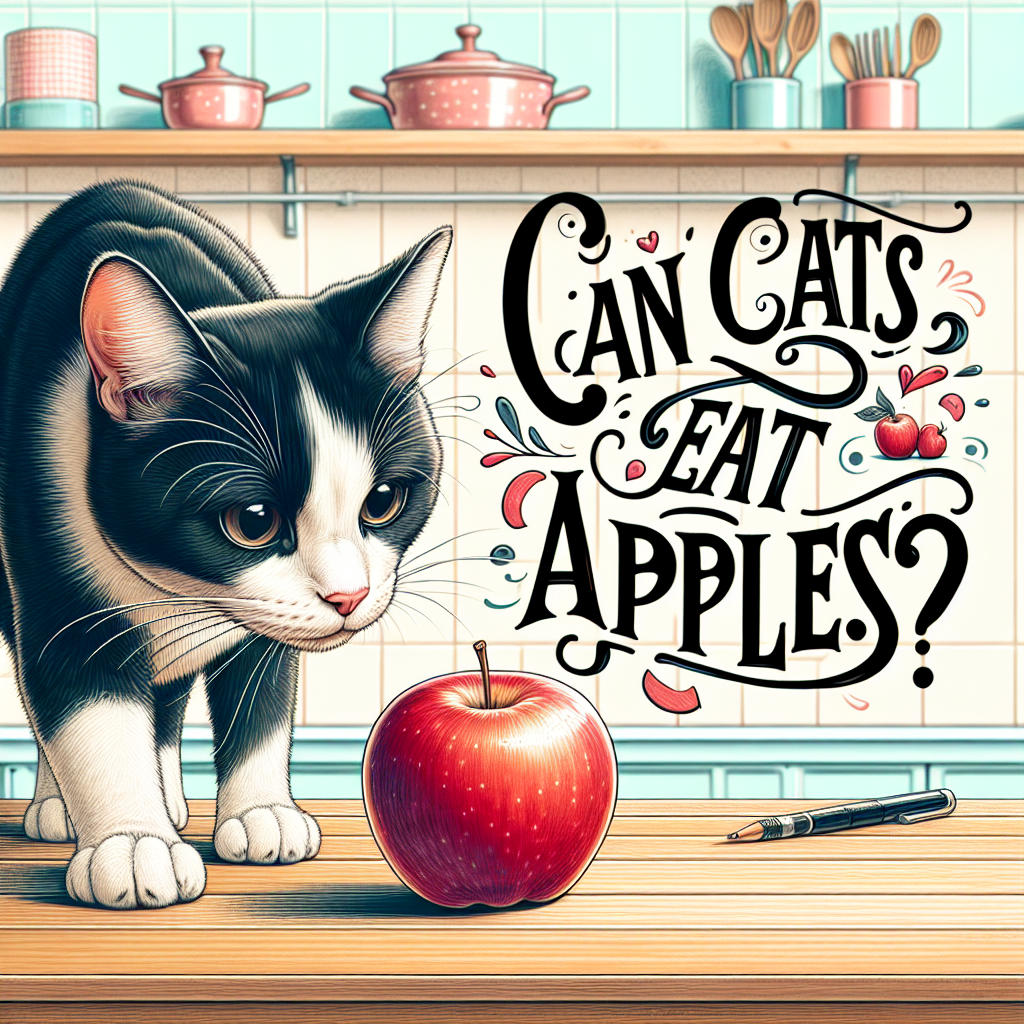Can Cats Have Bananas? Understanding Feline Diet and Safety
As a loving cat owner, you may find yourself wondering about the nutritional needs of your feline friend and whether certain human foods are safe for them to enjoy. One such curiosity that often comes to mind is: can cats have bananas? While cats are obligate carnivores, meaning their diet primarily consists of meat, many pet owners are keen to know if it’s safe to offer their furry companions a variety of fruits and vegetables.
The Basics of Feline Diet
Cats have a unique dietary requirement that sets them apart from other pets. Unlike dogs or humans, cats cannot thrive on a vegetarian diet; they require specific nutrients found in animal tissue. This is why high-quality cat food is formulated to be high in protein while providing the necessary vitamins and minerals essential for their health.
While cats may be attracted to different types of food, it’s essential to know which items are safe for them to consume. Their digestive systems are designed to process animal proteins, fats, and some carbohydrates but are not equipped to handle processed or excess sugars and certain plant materials.
Are Bananas Safe for Cats?
The short answer is: yes, cats can eat bananas in moderation. Bananas are not toxic to cats, and many cats may find the soft texture and fruity aroma appealing. In fact, some cats may even show curiosity and enthusiasm for this bright yellow fruit.
However, while bananas are generally safe, there are a few things to keep in mind:
-
Moderation is Key: Just because bananas are safe doesn’t mean they should become a regular part of your cat’s diet. Cats do not need fruits to meet their nutritional requirements, and excessive consumption of bananas could lead to digestive issues like diarrhea.
-
Introducing New Foods: If you decide to give your cat a small piece of banana, it’s crucial to introduce the fruit gradually. Start with a tiny amount to see how your cat reacts. Monitor for any signs of digestive upset or allergic reactions.
-
Peel Considerations: While the banana flesh is safe, the peel could pose a choking hazard and is more difficult for cats to digest. Always remove the peel before offering a piece to your cat.
-
Watch for Sugar Intake: Bananas contain natural sugars, which can be problematic in large amounts. Cats have different metabolic needs than humans, and too much sugar can lead to obesity or other health issues.
- Always Consult Your Veterinarian: Before introducing any new foods into your cat’s diet, it’s always a good idea to consult with your veterinarian. They can provide guidance based on your cat’s specific health needs, age, and dietary requirements.
Signs Your Cat Enjoys Bananas
If you’re curious whether your cat will like bananas, watch for the following signs during taste testing:
- Curiosity: Cats are naturally curious creatures. If your cat shows interest in the banana (sniffing, pawing at it), they may be open to trying it.
- Tasting and chewing: If your cat takes a small bite and appears to enjoy the flavor, that can be a good indication they like bananas.
- Reverting to their usual diet: If your cat tastes banana and shows disinterest afterward, don’t be discouraged; not all cats will enjoy this fruit.
Conclusion
In summary, cats can have bananas in small, controlled quantities. While bananas are not toxic and can be a fun treat, remember that they should never replace a cat’s primary diet, which should be primarily meat-based. Always prioritize your cat’s health by ensuring they consume the right balance of nutrients and consult with a veterinarian when in doubt. Bananas can thus be a delightful, albeit rare, addition to the diet of some cats—just ensure it’s a treat, not the main course!




